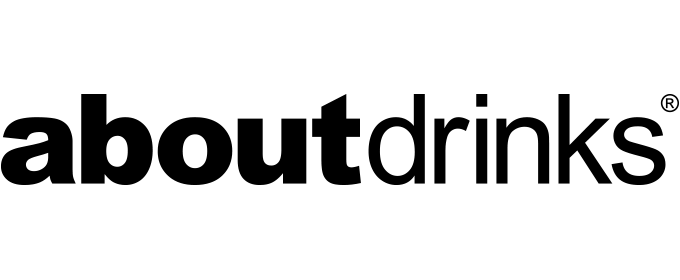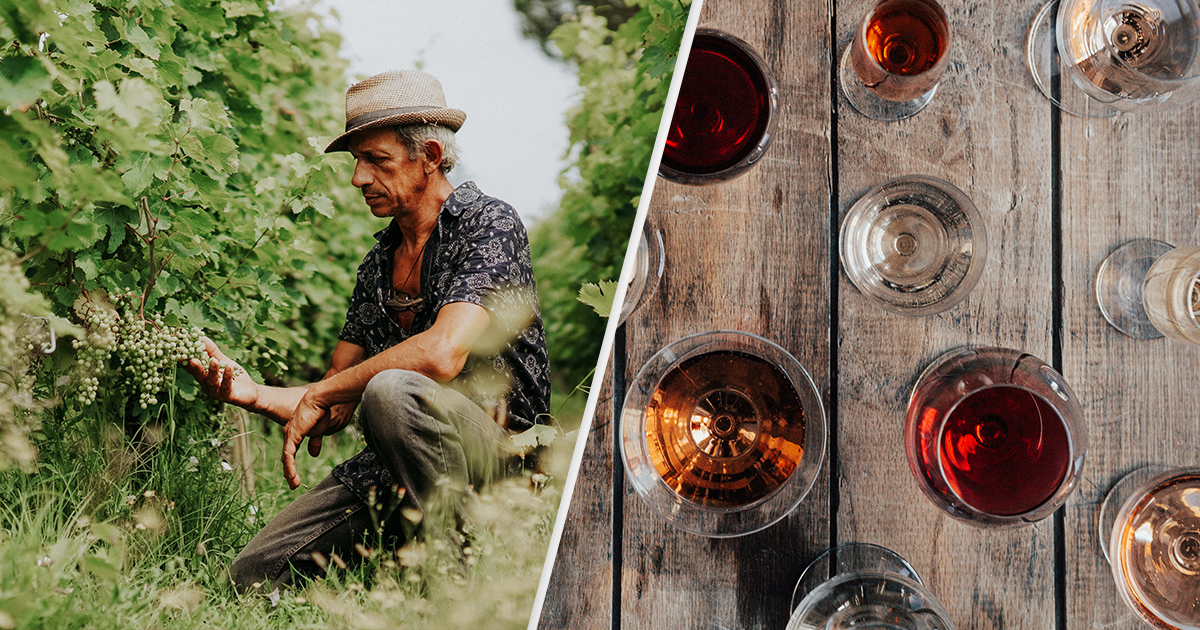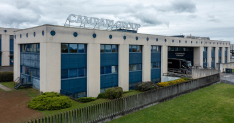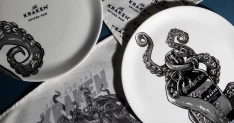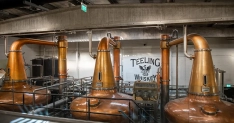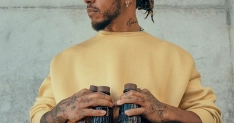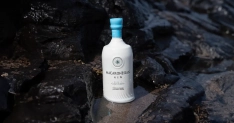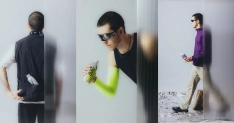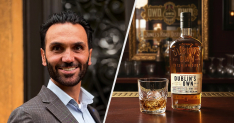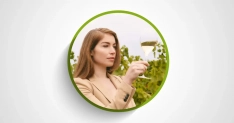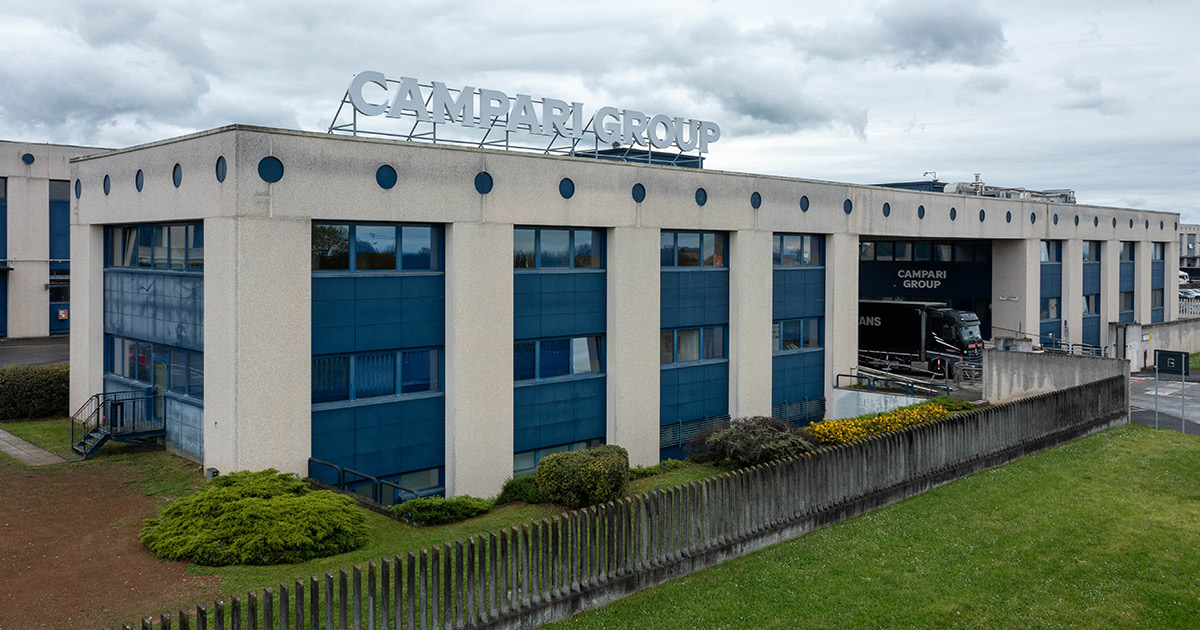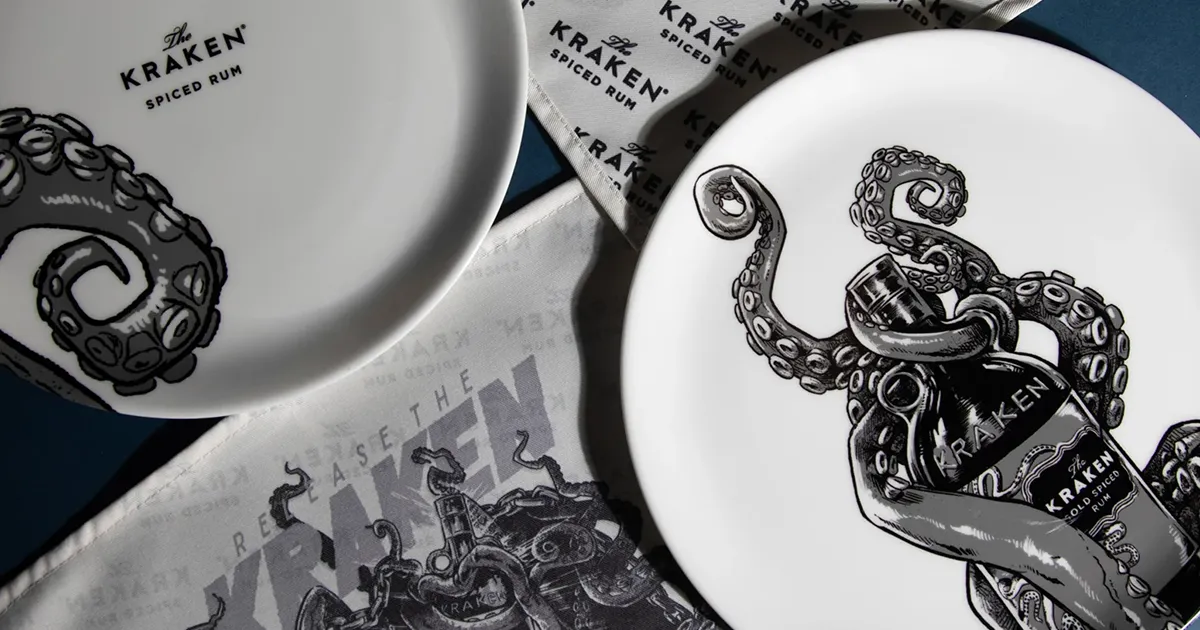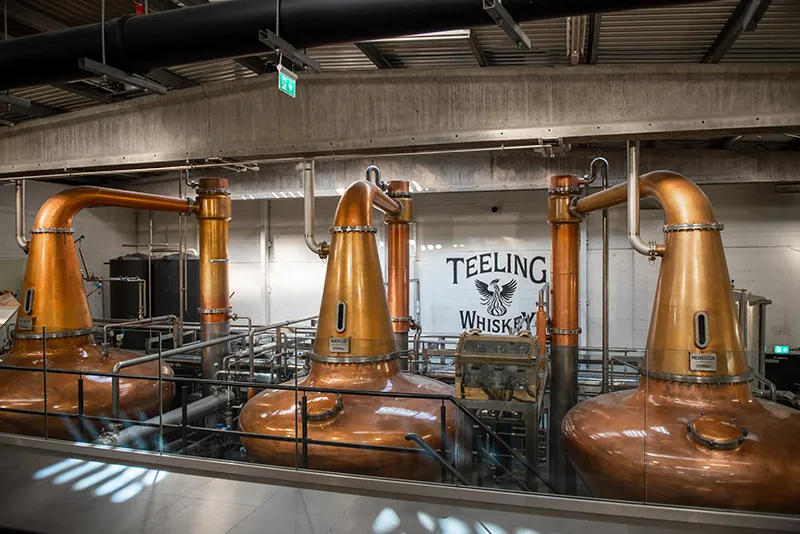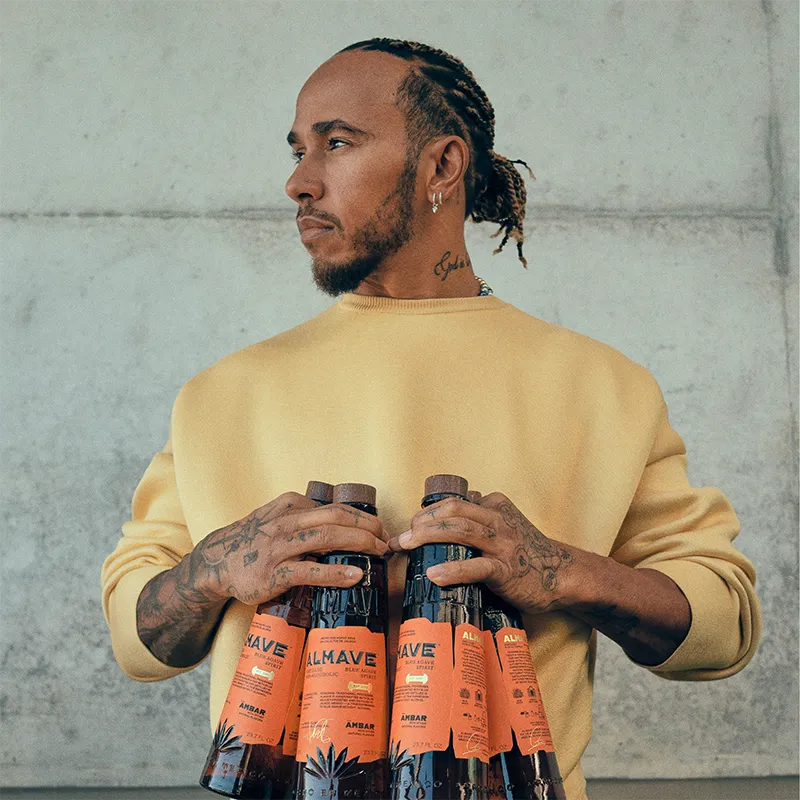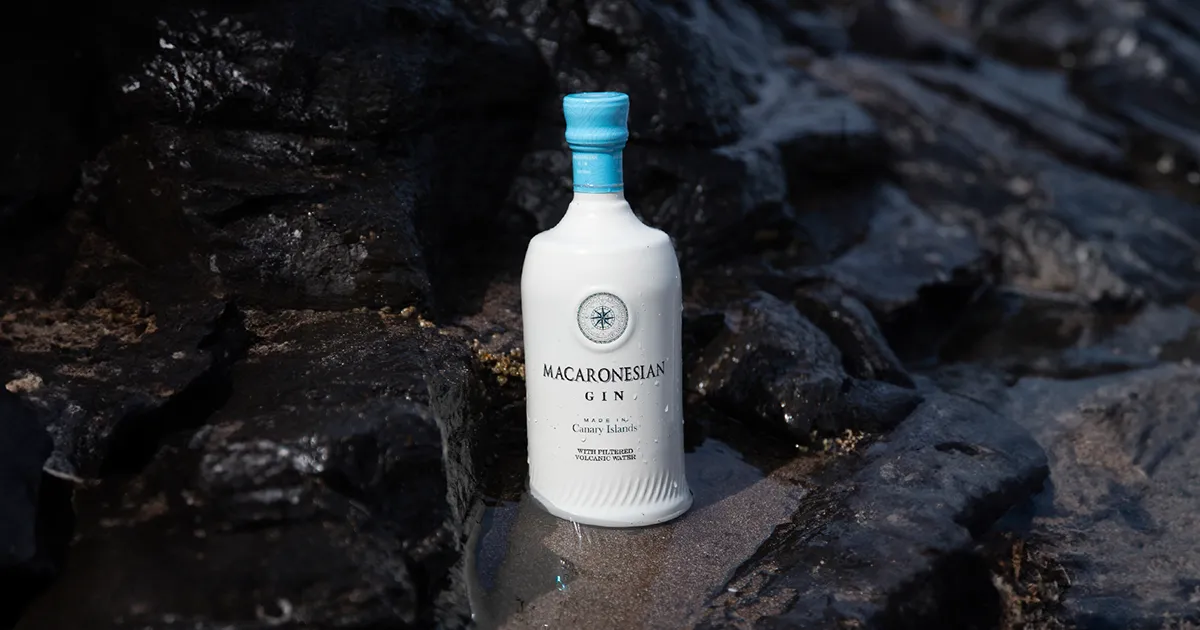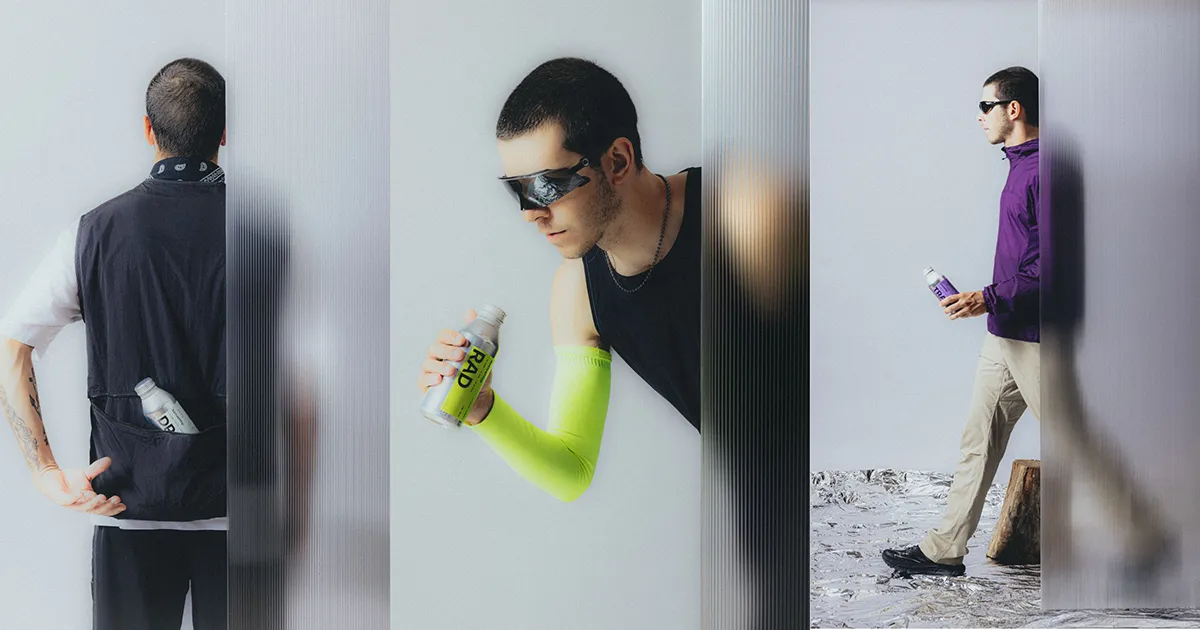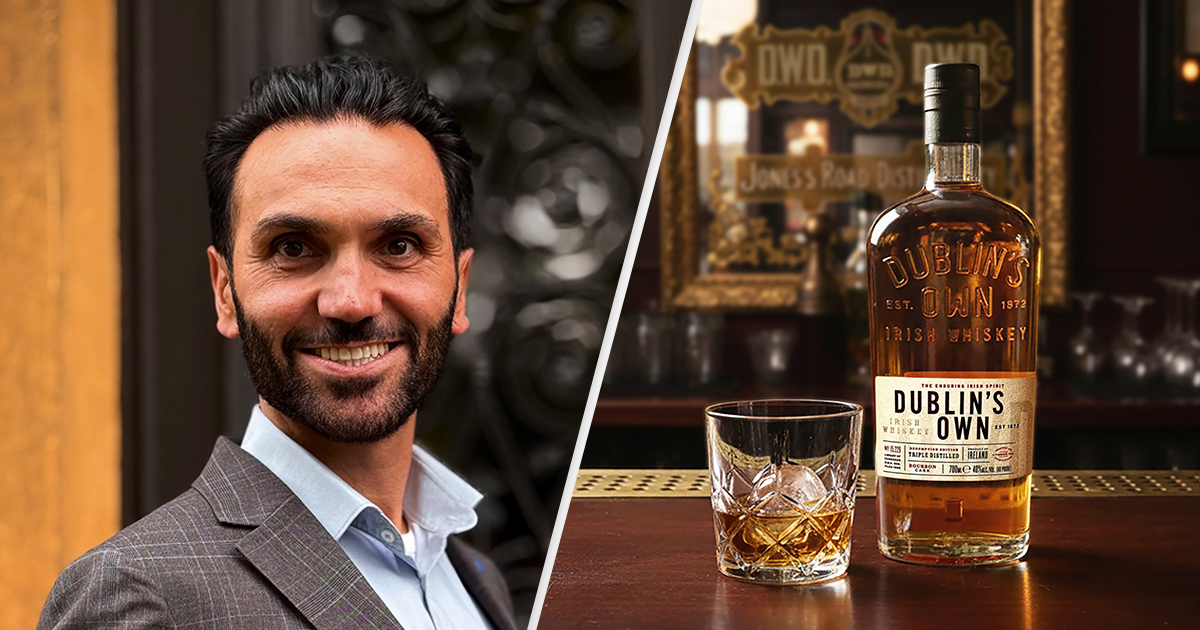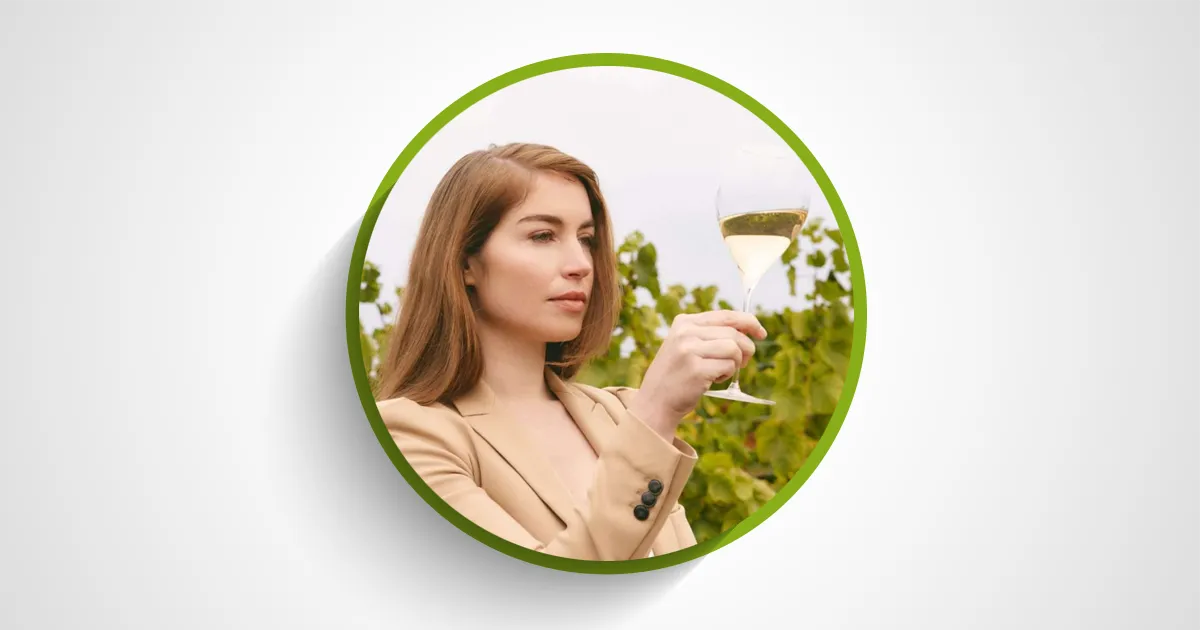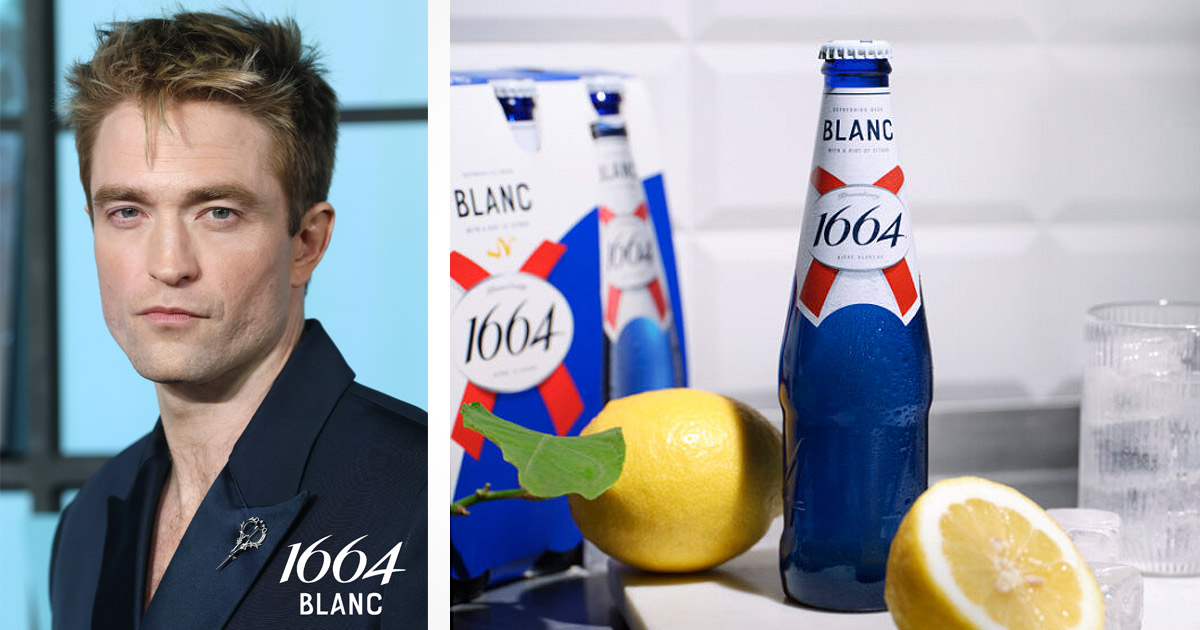Interview: The CIVB about his work and Bordeaux wines
Since 1948, the Conseil Interprofessionnel du Vin de Bordeaux (CIVB), the Bordeaux Wine Association, has been the link for representatives from all sectors of the Bordeaux wine industry. The overarching goals of the association are in the areas of marketing, economics and technology – for example, in the protection of the general interests of the industry, the protection of the growing region, the fight against product counterfeiting and the development of wine tourism. The CIVB is also very active in Germany, particularly in the area of marketing: the aim is to further expand the reach of Bordeaux wines with various campaigns and events for consumers and the trade, as well as exciting content that is disseminated via social media channels.
In the interview with the CIVB, we talk about the association’s tasks, the characteristics of Bordeaux wines, various products from the growing region, and the role of wines in Germany.
What is the Conseil Interprofessionnel du Vin de Bordeaux (CIVB)?
CIVB: CIVB stands for “Conseil Interprofessionnel du Vin de Bordeaux”. It is the Bordeaux Wine Council who represents the three pillars or as we call them the three families of the Bordelais wine sector: the winegrowers, the wine merchants (négociants) and wine brokers (courtiers).
When and why was association founded?
CIVB:: The Bordeaux Wine Council was founded in 1948.
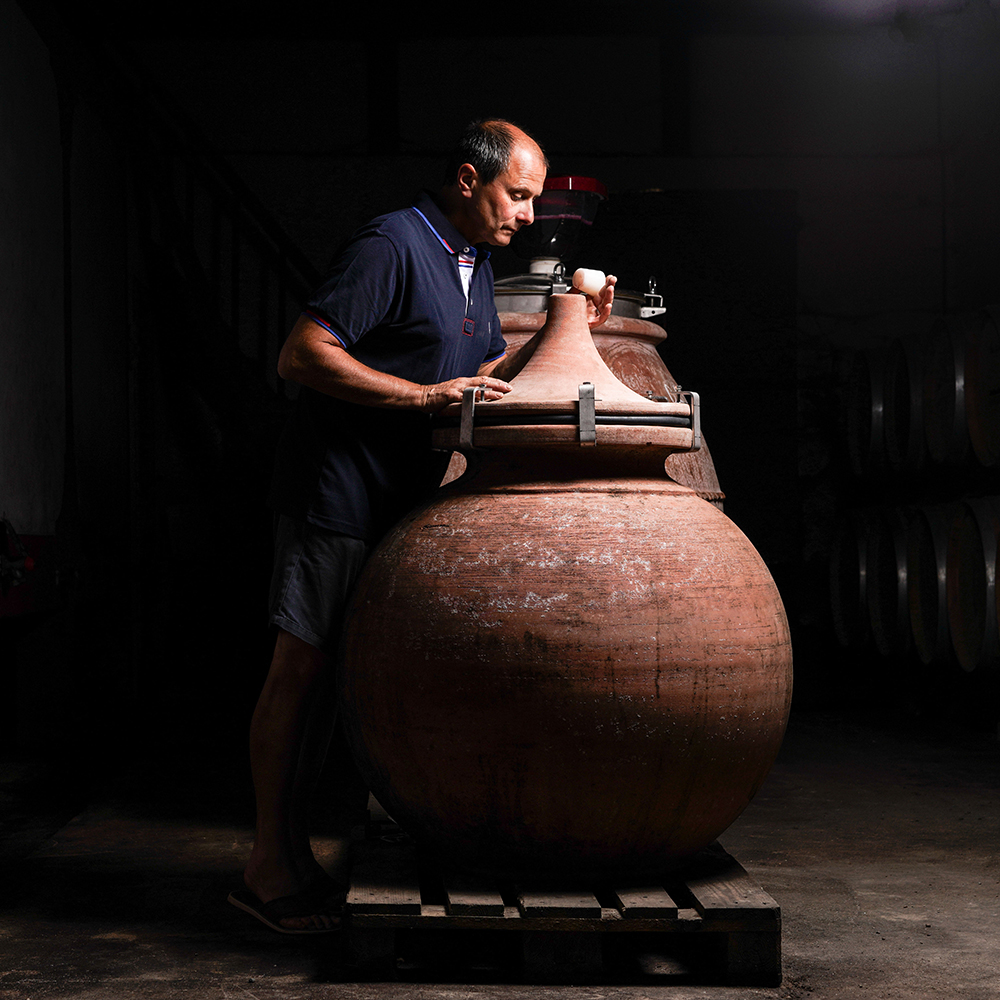
© CIVB / Favoreat Design
What are the tasks of the CIVB?
CIVB: The CIVB advocates for and strengthens the Bordeaux region through data collection and study, technical and environmental analysis, and global communications initiatives.
Its 3 missions in the interest of the whole wine sector are:
- Marketing: develop the notoriety of Bordeaux wines in France and abroad through advertising campaigns, digital communications, public and press relations, and training
- Economic: acquiring data and improving knowledge relating to the production, the markets and the sale of Bordeaux wines throughout the world.
- Technical: improve the industry’s understanding of various technical issues relating to the production and quality of Bordeaux wines and anticipate new environment – and health-related requirements.
How is the association positioned in Germany?
CIVB: The CIVB has a German Market Advisor based near Bremen, Christine Berthold and works with several agencies for e.g. PR, trade relations and trade promotions and Social Media to conduct its activities.
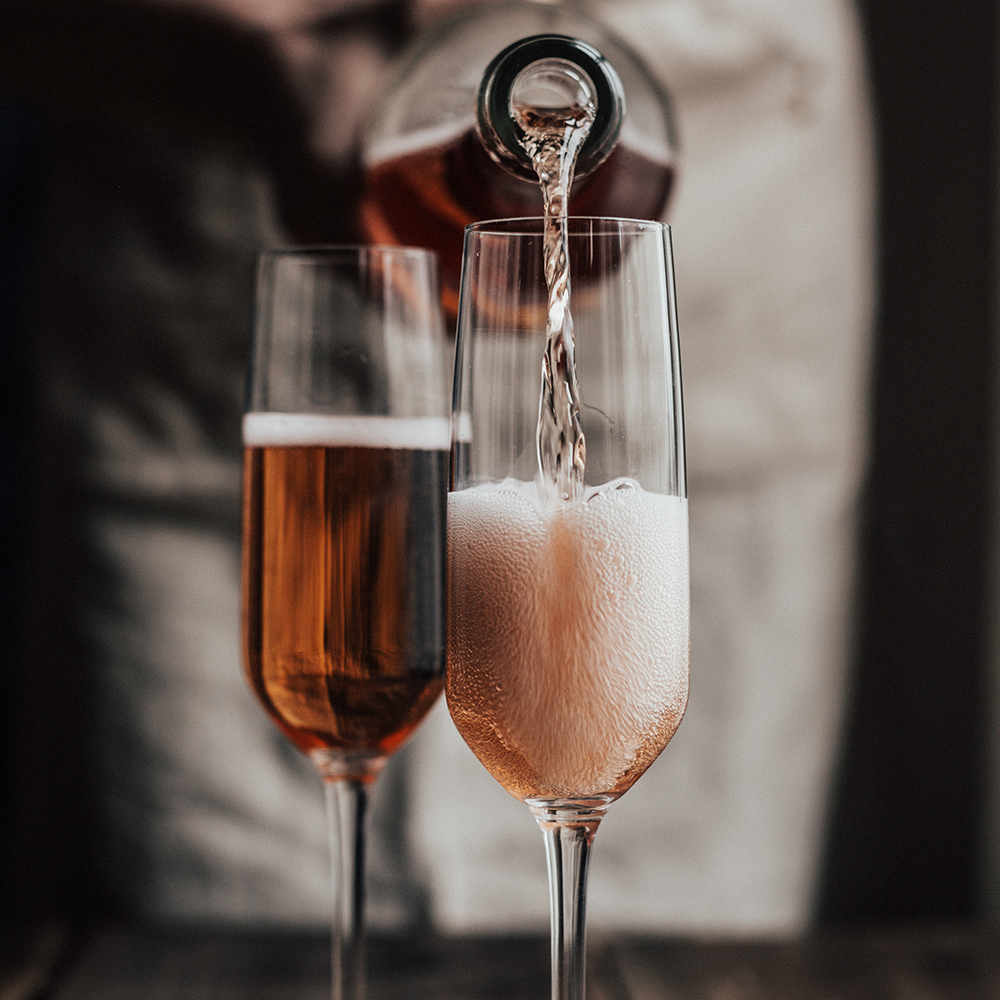
© CIVB / Chloé Crane-Leroux
What are the key facts of the wine region?
CIVB: You can check all the facts in our key figures here.
Let’s talk about the wine: What makes Bordeaux wine and how can it be characterized?
CIVB: While Bordeaux is well known and 81 % of the German regular wine consumers know Bordeaux, it would be more suitable to call it “Les Bordeaux”. Bordeaux is much more divers people expect. The diversity lays in the terroirs, the AOC’s, the female and male winemakers, the colors of wine and wine styles produced. It’s the inspiring mix of tradition and innovation, of craftsmanship and state-of-the-art, of a lively city and region, Atlantic coast lifestyle and a collective approach to sustainability which makes Bordeaux so appealing.
Even with 89 % of the vineyards planted with red grapes, consumers find a broad range of wines from easy-to-drink fruity and modern reds with no or just a hint of wood to the classic, iconic wines of Bordeaux. And not as well-known than the reds from Bordeaux is that Bordeaux produces fine bubbles as Crémant de Bordeaux, fresh, crisp dry white wines, rosés and the unique Clairets as well as sweet wines. Whether for a casual, informal meal, having friends and family around of to celebrate special moments: Bordeaux wine is always a good companion.
A new generation of winemakers combine the best of the old and new, revive retro oenology and are experimenting and innovative – both in the vineyard and cellar. Next to the classic assemblages mainly from Merlot, Cabernet Sauvignon, Cabernet Franc other grape varieties see a renaissance such as Malbec or Côt, Petit Verdot and Carménère. And interesting to note: There are more and more unusual Cuvées or even single grape varietywines launched on the market.
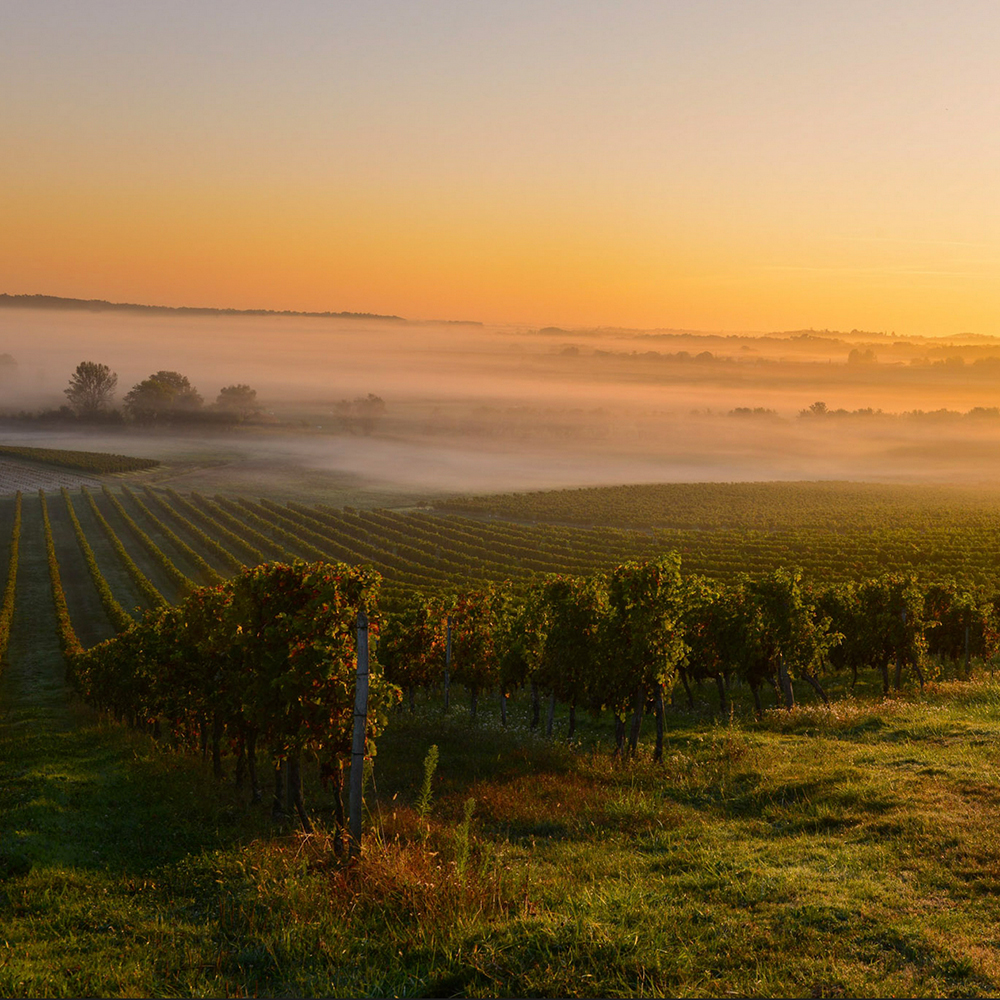
© CIVB / Favoreat Design
What specific characteristics must a Bordeaux wine meet to be one? What are the different Bordeaux wines?
CIVB: As said before, the “one” Bordeaux wine doesn`t exist. All Bordeaux AOC wines need to match the regulations of their AOC, which are determining factors such as the terroir boundaries, the grape varieties or the harvest yield. Like for Crémant de Bordeaux the AOC rules makes hand harvest mandatory.
Les Bordeaux stands for a diversity of small, medium and larger producers and marketers. A lesser known or forgotten fact is that until the 1970’s Bordeaux produced mainly white wines. Only after the impact of a devastation frost in 1956 more vineyards were planted with red varieties.
Some key figures in terms of volumes/production:
- 85% red wines
- 9% dry white wines
- 4% rosés
- 1 % crémant
- 1% sweet white wines
Sustainability is a big issue in the growing region. Tell us about it!
CIVB: For the past 20 years, the Bordeaux wine industry has been collectively anticipating and adapting to climate change, water issues, societal demands and reducing pesticides. The measures and initiatives aim at preserving resources, safeguarding ecosystems and developing biodiversity, essential to the long-term sustainability of the vineyard. A key focus of Bordeaux’s environmental policy is the protection of animal and plant biodiversity, acknowledging the significant role nature plays in adapting crops to the changes in their environment and improving their resiliency. Biodiversity is a sign of healthy, balanced vineyards.
For examples: agroforestry and hedges, flowering fallow land, beehives, eco-grazing… Thus sustainable development is expressed in many ways in Bordeaux. Environmental issues immediately come to mind but there are also social and societal issues. The Bordelais wine industry is also intensively committed to the conservation of resources. Bordeaux winegrowers do this by cultivating vines in harmony with nature. Their measures are as creative and individual as the wines themselves.
Other examples: a wine cellar made of straw to reduce energy consumption, a bamboo grove for water treatment, sustainable packaging…
In 2020 – after 10 years of research – six new grape varieties were approved by the INAO to be planted at maximum 5% in the vineyard and used up to 10% in a Cuvée for Bordeaux & Bordeaux Supérieur AOC’s (white, rosé and red). Some significant figures regarding sustainability in Bordeaux :
- 75 % of the vineyard with an environmental approach in 2021 (2014: 35 % // 2016: 55 %)
- 85 % of the land in the vineyards with grass cover and thus a source of biodiversity – the organically certified or in conversion vineyard area in Bordeaux grew by 43% in 2021
- €400,0000 is invested annually in Bordeaux in research
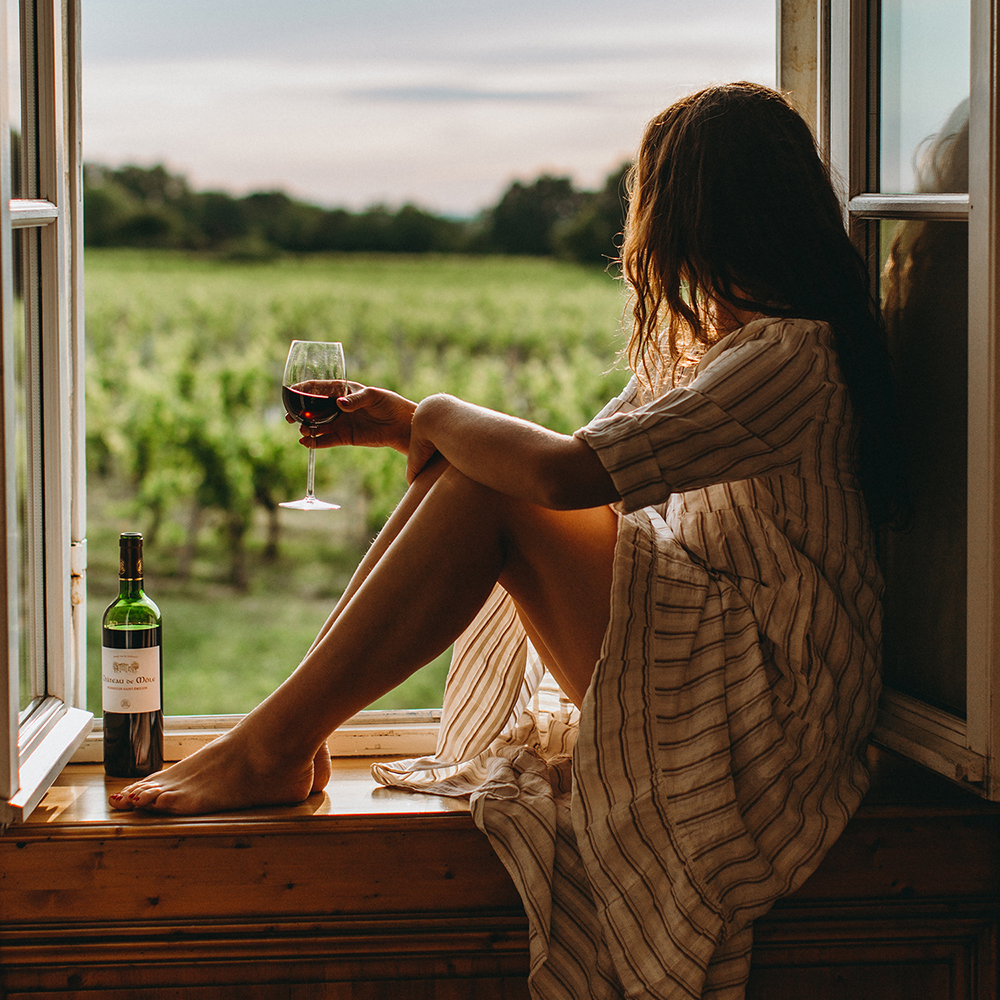
© CIVB / Katja Hentschel
Where does Bordeaux wine rank in terms of sales in France, Germany and worldwide?
CIVB: Overall Bordeaux produces on a ten-year average around 4,9 million hl of wine which is the equivalent of about 649 million bottles. Compared for example with Germany this are about 56 % of the average German wine production.
Bordeaux wines account for 1,5 % of the world wine production and in Germany for 1 % of the wine consumption. France as domestic market stands for 57 % of the Bordeaux wine consumption and 43 % are going into exports. China and Hong-Kong, the USA and in Europe the UK, Belgium and Germany are the most important Bordeaux wine markets.
Germany as a historically important market tide with Bordeaux in a close relation is #6 in volume and #8 in value. The share of Bordeaux amongst French AOP wine exports to Germany is 44 % in terms of volume and 46 % of the value. (2020 figures)
In what way does the association collaborate with the winemaker to promote the brand of Bordeaux wines?
CIVB: Asserting itself as a service to its member the CIVB listens, adapts and delivers solutions to the wine sector and supports or conducts activities on behalf of their members. It is by the side of its members and in frequent exchange.
The CIVB team is in daily contact with the producers. The men and women producing Bordeaux wines are involved in every promotional actions.
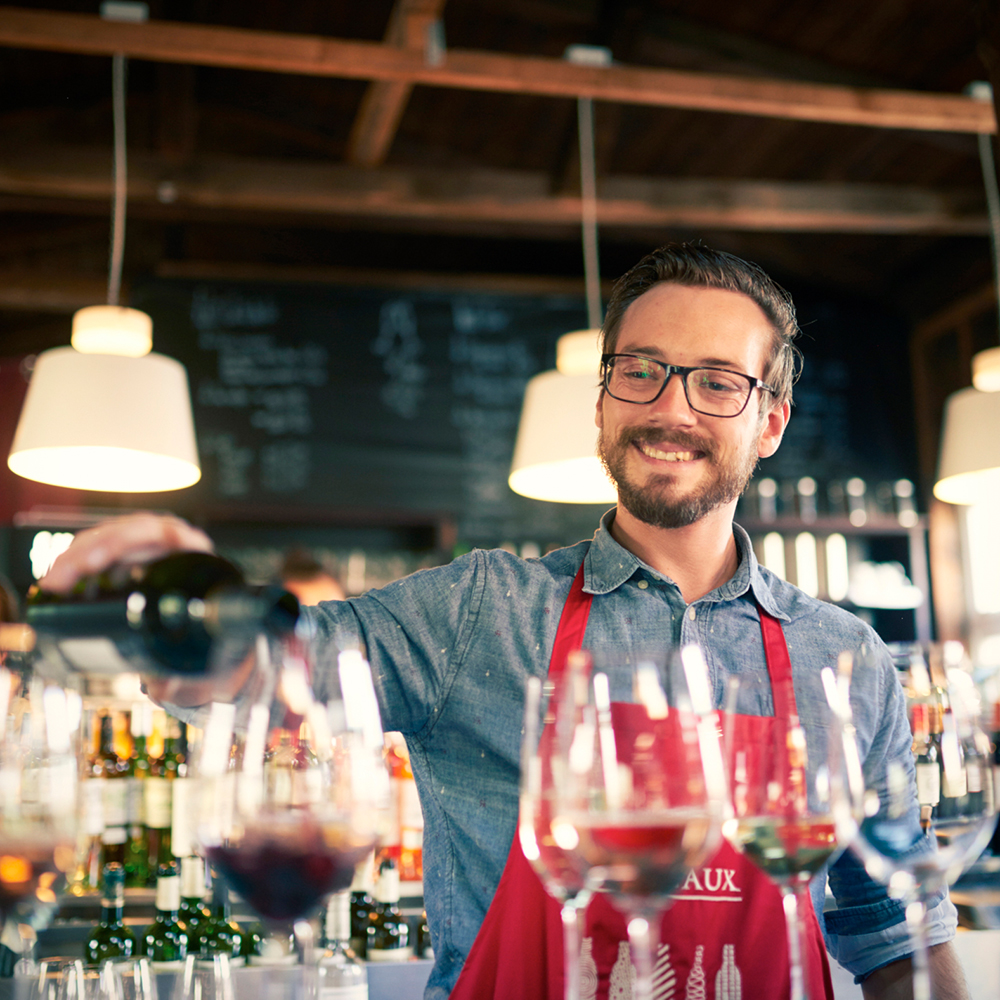
© CIVB / Claudia Hettwer
How has the CIVB been active in recent months? Are there plans for 2022?
CIVB: The national campaign “Bordeaux macht Sommerlaune” with around 90 participating partners came to an end in September, after which many “Bordeaux Moments” ran and are still running at selected leading retail partners. Bordeaux was a sponsoring partner and exhibited at the Wine Retailers’ Day in Heilbronn on October 10 and 11 and held a “BORDEAUX DAY” in Cologne on November 8, where 25 Bordeaux winemakers from the AOCs Bordeaux & Bordeaux Supérieur and Médoc presented their wines not yet on the German market and 20 German importers presented their Bordeaux portfolio to an interested German trade audience. Several free tastings, such as a “green” bar and masterclasses on sustainability, took place during the all-day event.
In addition trade and consumers can find inspirational content of the @bordeauxwein Social Media channels.
We’re looking forward to come again to Germany and meet the trade and consumers.
In 2022 we will continue our trade relations and trade promotion program, social media activities and inform the media about all news from Bordeaux. The great news is that we will again in 2022 host press and trade trips in Bordeaux. There is nothing better than the personal experience and on-site discovery what makes Bordeaux special!
Finally, one more sentence from you: Everyone should try at least one Bordeaux wine in their life because …
CIVB: ONE? Okay one, as they will find out that Bordeaux will taste them and spark the interest to try more Bordeaux!
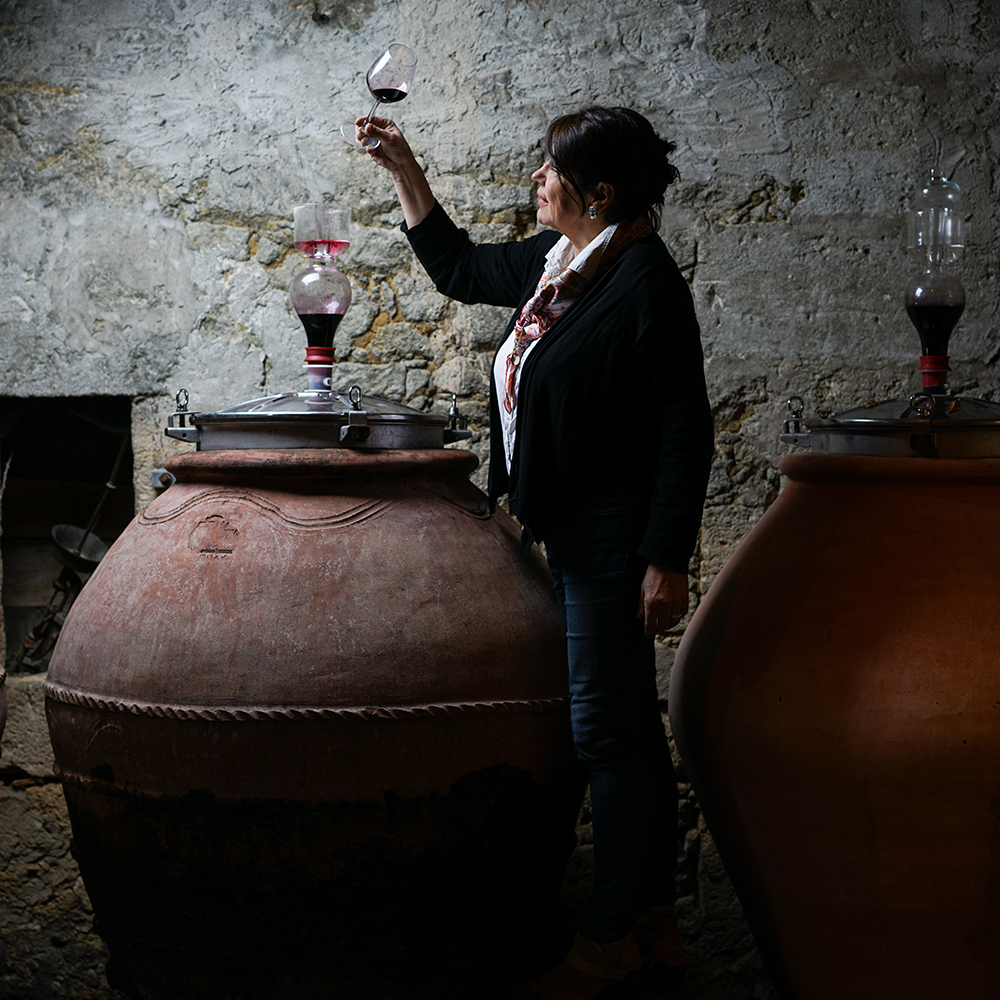
© CIVB / Favoreat Design
CIVB | bordeaux.com | facebook.com/bordeauxwein | instagram.com/bordeauxwein
+++ We would like to thank the CIVB for the open and very interesting interview and wish him continued success! If you also have an interesting brand, then we should talk. Just send us an email with the subject “about-drinks interview” to redaktion@about-drinks.com – we look forward to hearing from you! +++
